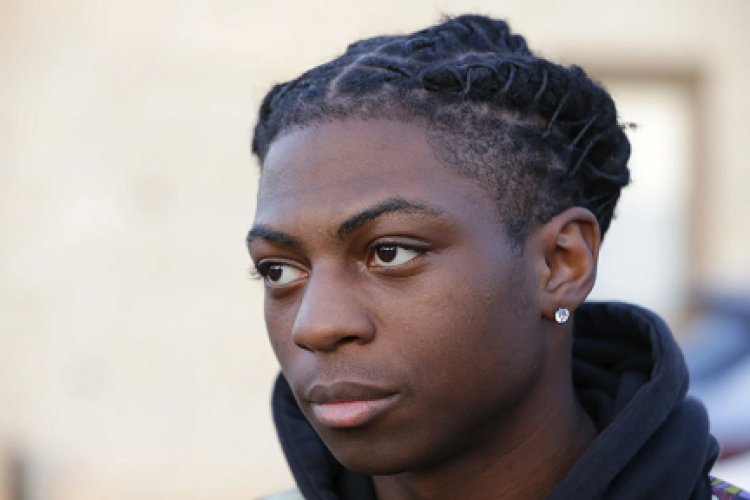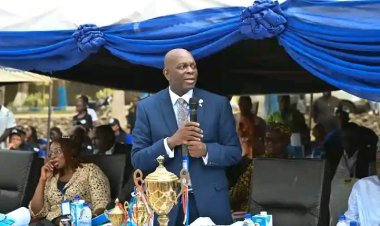Texas Family Sues Governor and Attorney General Over Student's Hairstyle Suspension

In a compelling legal battle that has captured national attention, the family of a Black high school student at Barbers Hill High School in Mont Belvieu, suspended for his hairstyle has taken a powerful step forward by filing a federal civil rights lawsuit against Texas' Governor and Attorney General. The lawsuit has ignited a passionate debate about racial discrimination, freedom of expression, and the protection of civil rights within the educational system.
The controversy unfolded when a 17-year-old Black student Darryl George, who walked into his Texas public school with a fade haircut adorned with a carefully etched design. School administrators swiftly suspended him, citing a longstanding policy prohibiting "disruptive" hairstyles. However, the family contends that this policy is ambiguously worded and susceptible to inconsistent enforcement, particularly when it comes to students of color.
The federal civil rights lawsuit, which lists the Texas Governor and Attorney General as defendants, alleges their complicity in perpetuating a discriminatory policy that disproportionately targets Black students. Furthermore, it argues that the policy infringes upon the First and Fourteenth Amendments to the United States Constitution, which protect freedom of expression and prohibit racial discrimination.
The family's decision to pursue legal action has gained traction and support from civil rights organizations and advocacy groups nationwide. Protests and rallies have erupted in Texas and beyond, demanding justice for the student and calling for a comprehensive review of school policies that may perpetuate racial bias.
In response to the lawsuit, the Governor's office issued a statement expressing their commitment to upholding the law while acknowledging the importance of addressing concerns related to discrimination and equal treatment. The Attorney General's office has yet to release an official statement on the matter.
As this legal battle unfolds, it raises fundamental questions about the delicate balance between school policies, freedom of expression, and racial equity. The outcome of this case has the potential to set a precedent with far-reaching implications, reshaping how schools nationwide address issues related to hairstyles, cultural expression, and the protection of students' civil rights.
In the heart of this dispute is not just one student's hairstyle but a broader conversation about inclusivity, diversity, and the need for fair and impartial policies within our educational institutions. The nation watches as this lawsuit unfolds, hopeful that it will contribute to a more equitable future for all students, regardless of their cultural background or personal expression.





